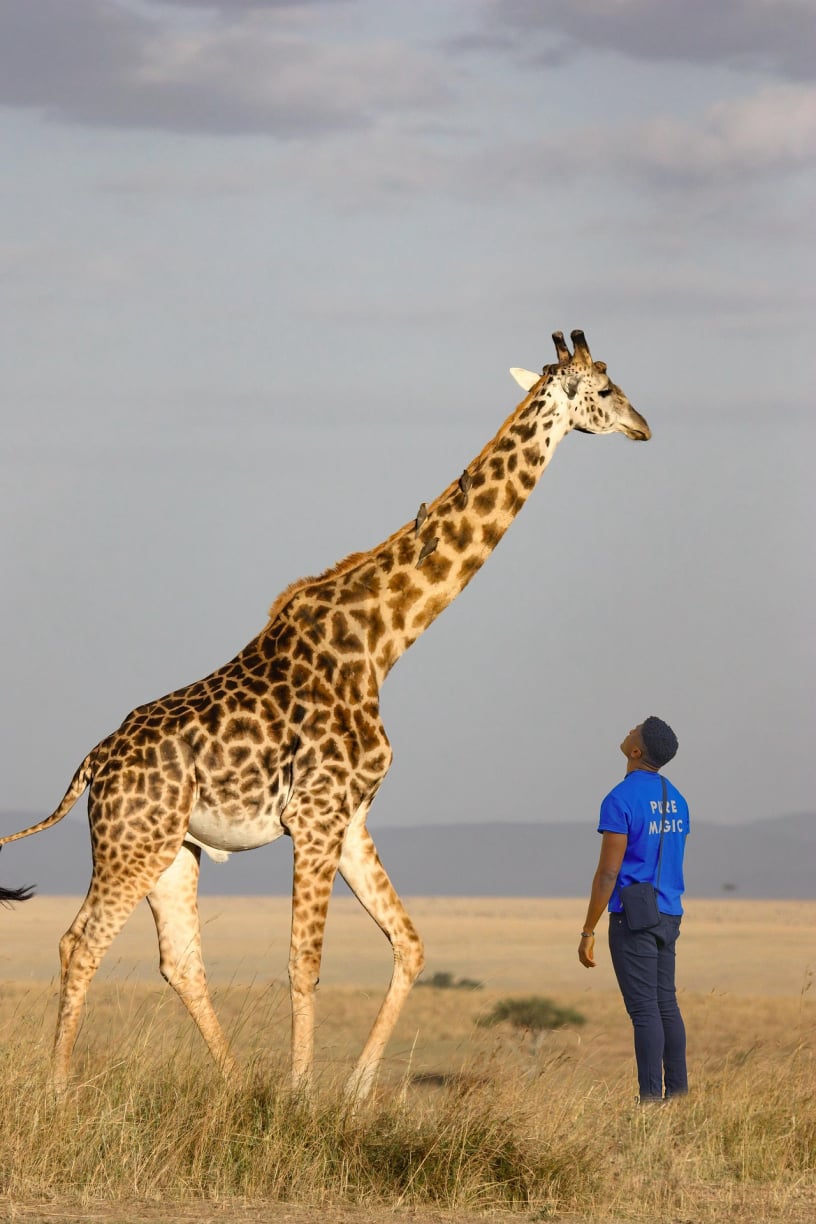Travel Tips
- Documents and permits:
Carry confirmed passport, visa documentation, and travel insurance details as part of essential trip paperwork to prevent entry or check-in issues.
Secure gorilla trekking permits well in advance; availability is limited and permits can sell out months ahead, especially in peak season.
Expect regulated, non-transferable gorilla permits with current prices differing by country (e.g., Rwanda and Uganda) and book early to match preferred dates.
Consider booking permits through reputable operators to streamline logistics and ensure compliance with park rules. - Health and safety:
Plan a pre-travel health consult to align vaccines and malaria prevention with specific routes and seasons across East Africa.
Malaria prevention blends bite-avoidance with chemoprophylaxis; depending on the medication, prophylaxis often begins shortly before arrival and continues during and after travel.
Use mosquito-avoidance measures consistently (repellent, treated nets, long sleeves) and seek prompt evaluation for any fever after travel.
In very remote regions, discuss standby emergency malaria treatment with a clinician, using it only under medical guidance and seeking confirmation care as soon as possible.
Verify yellow fever vaccine requirements and malaria risk by country before departure to ensure compliance and risk-appropriate protection.


